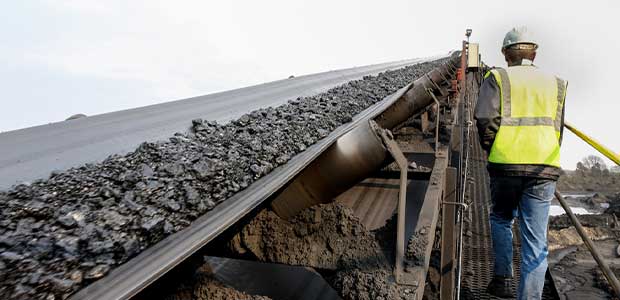
New Study Suggests Link Between Silica Dust and Black Lung Disease
The number of coal workers with black lung is increasing.
- By Alex Saurman
- Apr 15, 2022
A recent study suggested a link between silica dust exposure and black lung disease.
According to the paper, the study analyzed the lung pathology of 85 coal workers with progressive massive fibrosis, or severe black lung. The study compared the samples between two groups of people: those born between 1910 and 1930 and those born in or after 1930.
The result of the study showed higher concentrations of silica particles were present in the lungs of people born in or after 1930.
According to NIOSH, the number of coal workers with black lung has been increasing since 2000. The lowest-recorded number of black lung cases was recorded in the 1990s. In 2012, 7 percent of coal workers who worked for 25 years or more had black lung. In 2018, it affected 10 percent of workers.
“Our findings underscore the importance of controlling workplace silica exposure in order to prevent the disabling and untreatable adverse health effects afflicting US coal miners,” the study’s conclusion says.
About the Author
Alex Saurman is a former Content Editor for Occupational Health & Safety,who has since joined OH&S’s client services team. She continues to work closely with OH&S’s editorial team and contributes to the magazine.